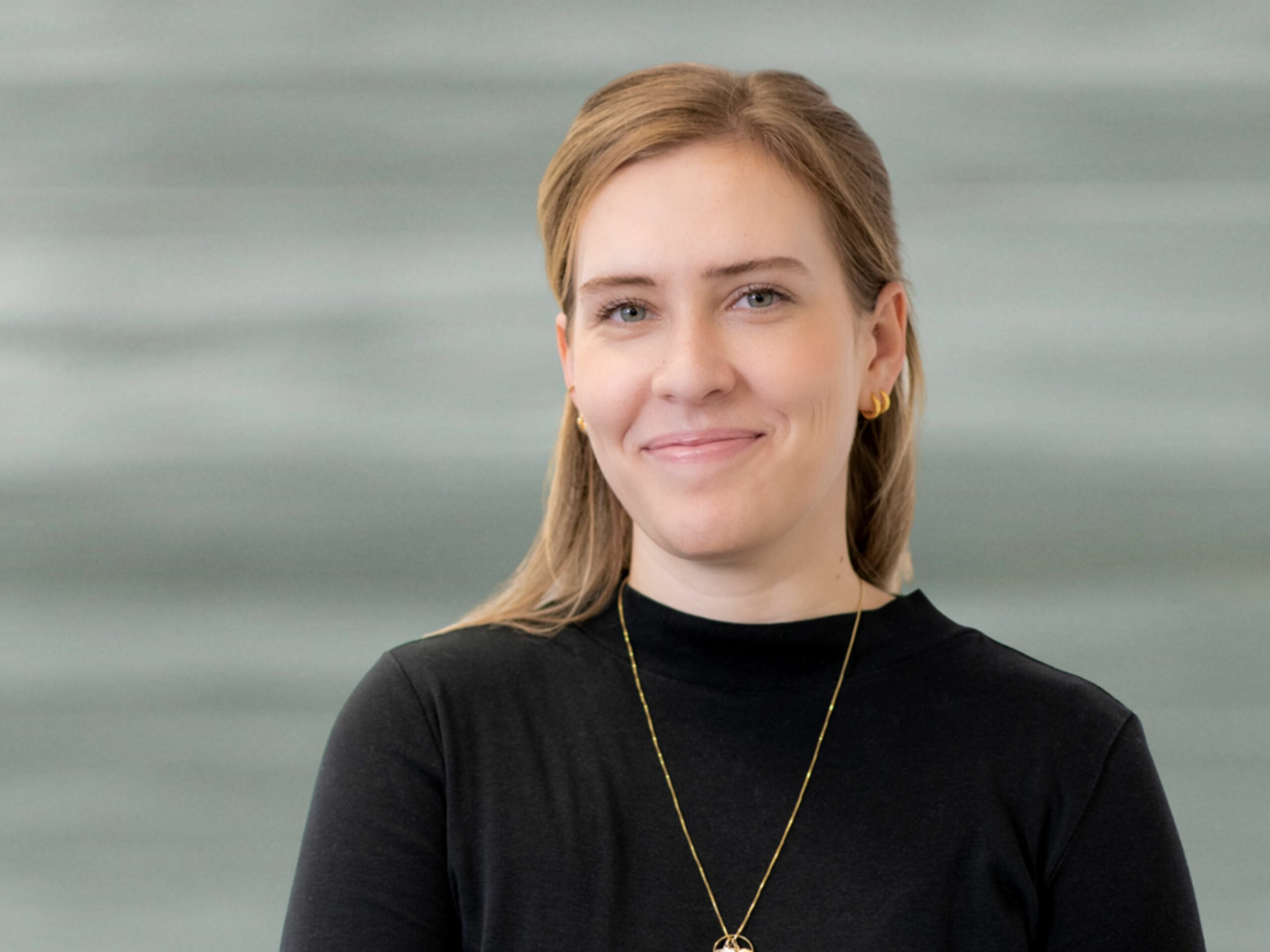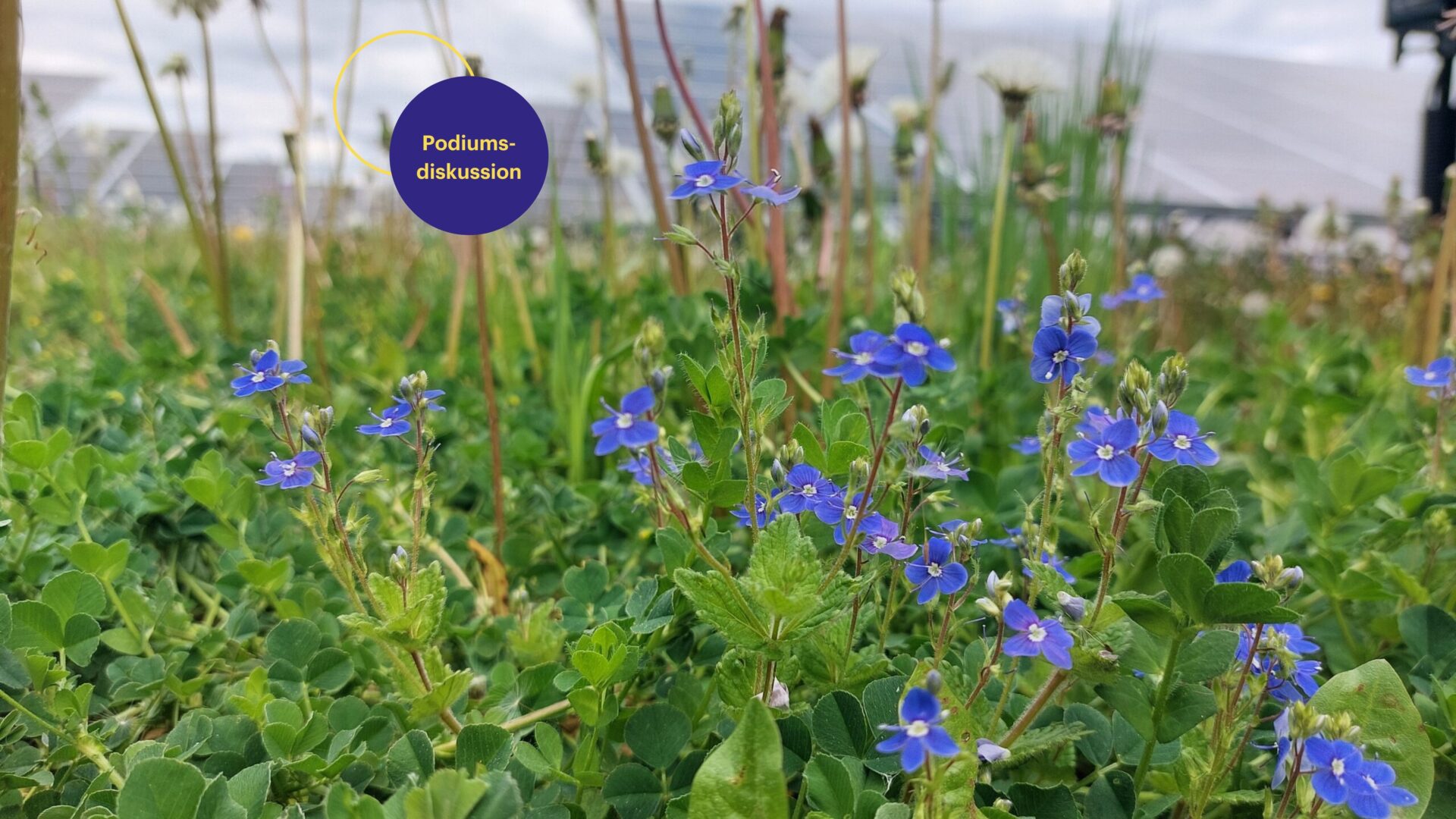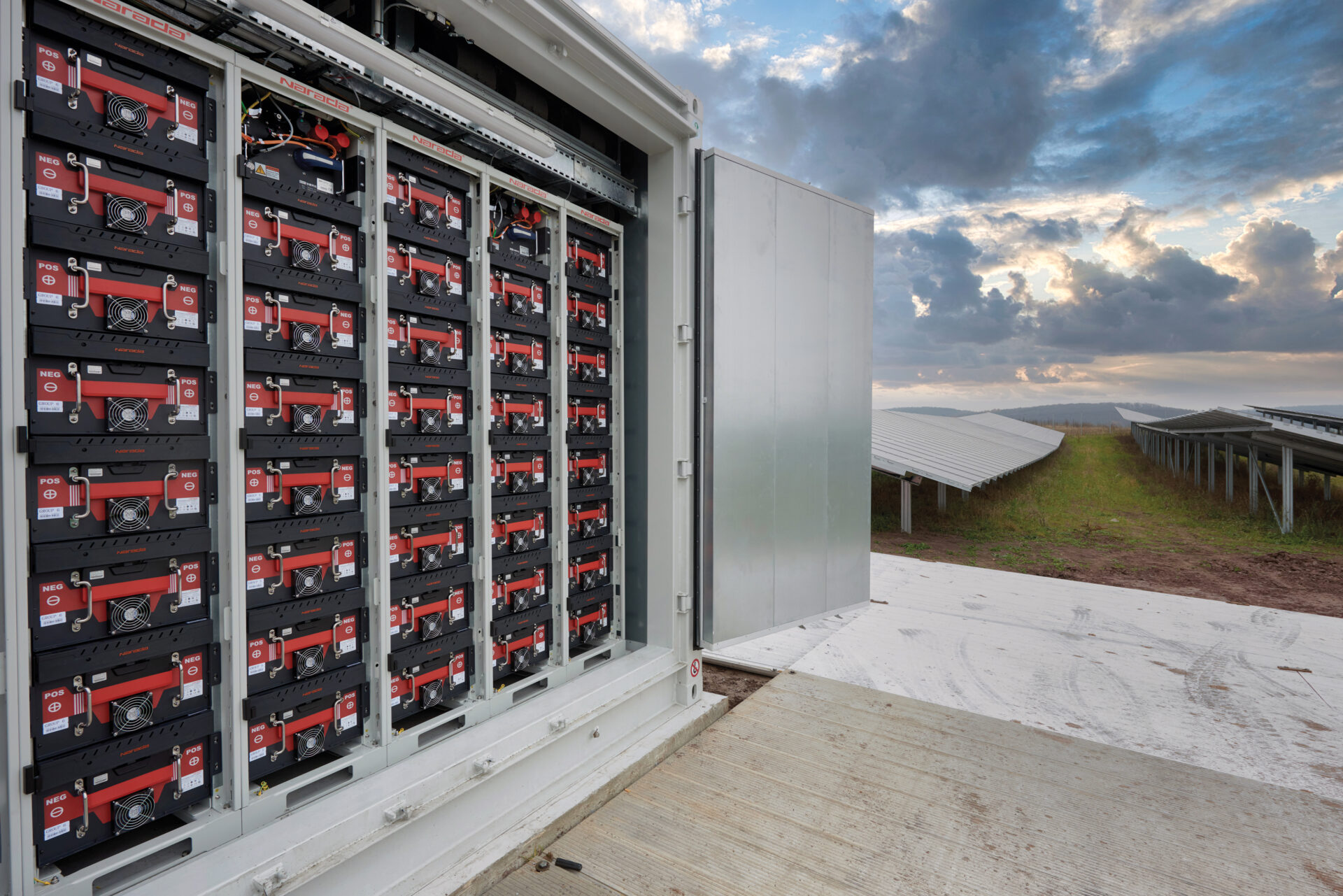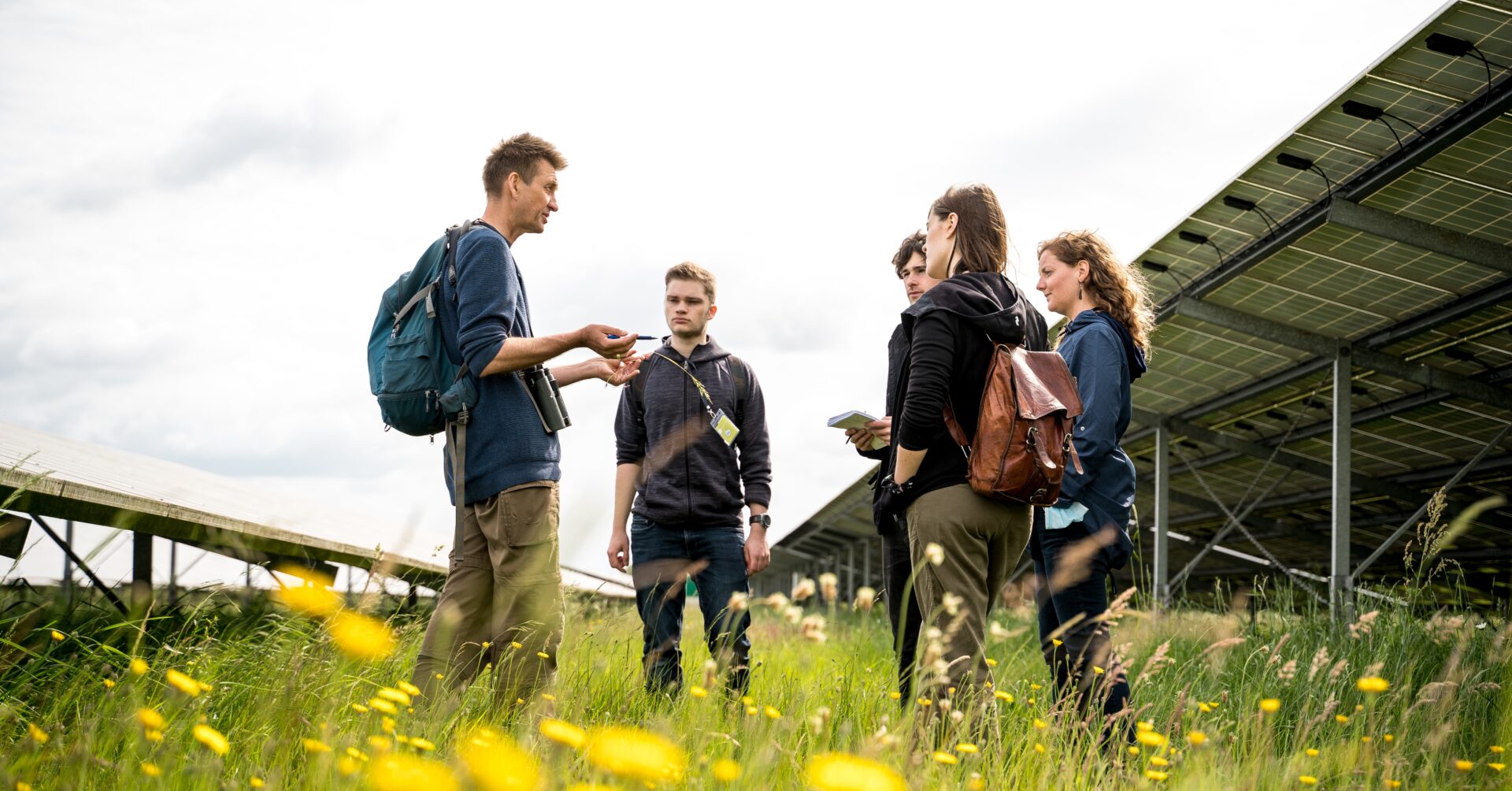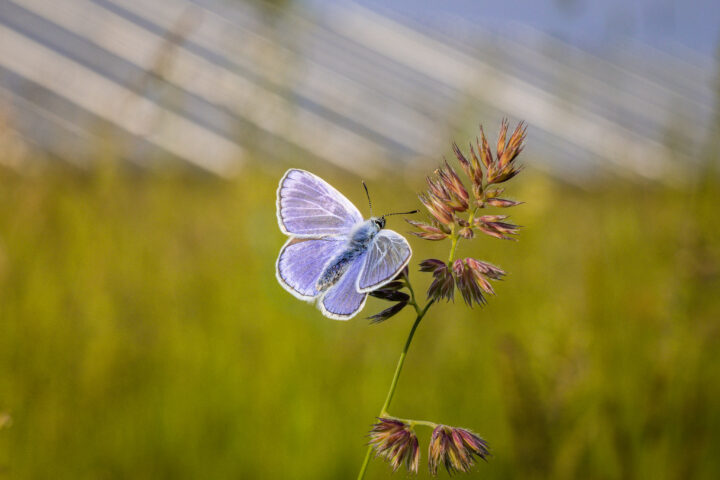The results of the comprehensive bne study to Biodiversity in ground-mounted PV systems were recognised at the Specialist conference "Biodiversity in solar parks" on 27 March 2025 in Berlin. The event attracted around 80 participants on site and reached more than 900 viewers in the livestream. Over 200 questions from the chat clearly show the broad public and professional interest in the topic. You can find out more about the conference in our Review. The recordings of the study publication in German are now on SonneSammeln in the Media centre for the study available. We are currently working on an English translation of the study results.
Lecture 2: Panel discussion with nature conservation, business and politics (only in German)
The study shows: Modern solar parks become species-rich if they are built and maintained correctly. Under the Key question "How can we ensure that this potential is activated?" the invited panellists from the following areas discussed Nature conservation, business and politics about the Significance of the study results.
The different points of view provided exciting insights and lively participation from the audience. On the podium were Kathrin Ammermann (BfN), Stefan Müller (ENERPARC AG), Hans-Joachim Sommer (UnB Teltow-Fläming), Bernhard Strohmayer (bne) and Dr Julia Wiehe (KNE). Moderated this part of the conference was organised by Dr Tanja Busse.
Here a Opinion poll of the panellists:
- Kathrin Ammermann (Federal Agency for Nature Conservation) pointed out that it is crucial which specific areas are utilised. What works on arable land is not transferable to grassland or forest sites.
- Dr Julia Wiehe (Competence Centre for Nature Conservation and Energy Transition - KNE) pointed out how important it is to involve biologists at an early stage in order to evaluate what gain or loss of biodiversity could be expected.
- Hans-Joachim Sommer (UnB Teltow-Fläming) found that a positive development of biodiversity can generally be expected on solar park areas that were previously used as agricultural land. However, the focus of consideration should be on the individual area in question and the conditions there. How maintenance is organised in the long term is particularly important.
- Stefan Müller (ENERPARC AG) noted that, from an economic perspective, important questions such as "How does the connection to the grid work" or "How high are the land prices" need to be answered first. These framework conditions play a key role in determining whether and how projects can be realised. Promoting biodiversity is crucial for local acceptance.
- Bernhard Strohmayer (bne) emphasised: "We have now presented reliable data - and hope that this knowledge will provide a more sound basis for the work of the lower nature conservation authorities in the future."
Download the study (German)
You can read all the results of the study on SonneSammeln. As this is a comprehensive work, we have summarised the most important findings in a Abstract summarised.
All lectures on the programme content:
All recordings at a glance:
- Lecture 1: Presentation of the study results (Speakers: Dr Tim Peschel, Rolf Peschel)
- Lecture 3: Birds and solar parks (Speaker: Matthias Stoefer)
- Lecture 4: Why solar parks can be suitable habitats for animals and plants (Speakers: Dr Tim Peschel, Rolf Peschel)
- Lecture 5: Planning-relevant information from the study (Speakers: Dr Tim Peschel, Rolf Peschel)
- Lecture 6: Bats in the solar park (Speaker: Dr Helmut Schlumprecht)
